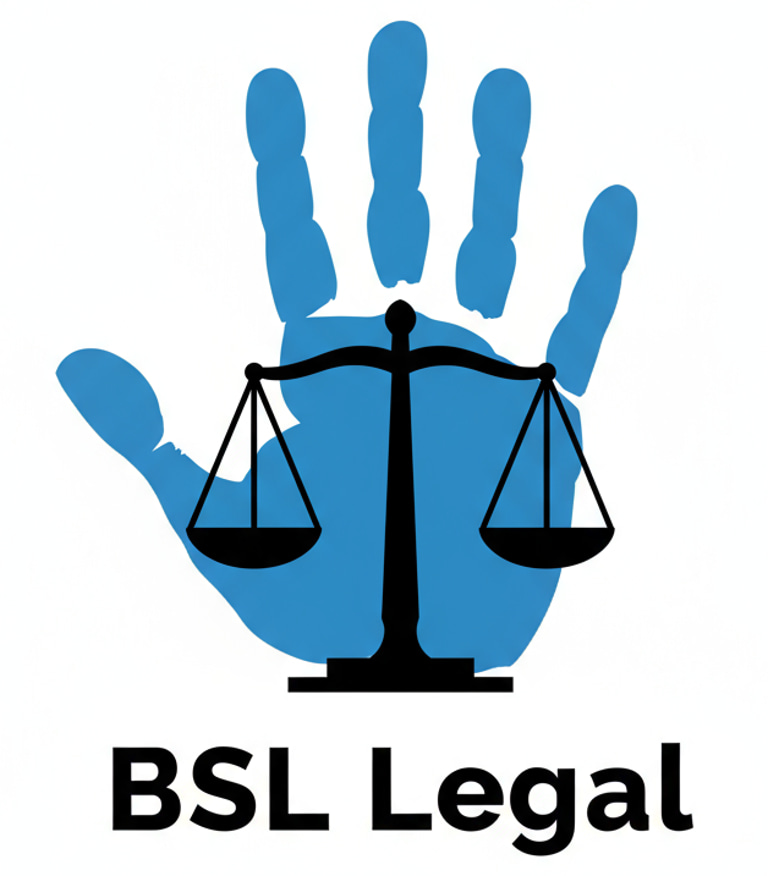Resources: Legal Professionals
Crown Prosecution Service: Right to an interpreter (update December 2023)
The right to an interpreter is an integral part of the right to a fair trial. It is a principle of English common law that the Defendant must be able to understand the charges made against them and be able to properly defend themselves. The right is also enshrined in the European Convention on Human Rights.
Read CPS guidance on the right to an interpreter.
Note: Contracts for translation services required by police forces and courts in the United Kingdom are currently contracted by the Ministry of Justice. Services are provided by:
Signed Languages: 'Clarion Interpreting Ltd.'
Spoken languages: ‘The Big Word Group Ltd.’
Customer Accessibility and Inclusion Reasonable Adjustment Guidance (November 2018).
A Guide for staff working with the disabled court and tribunal customers.
Legal Aid Authority – use of interpreters in criminal cases.
This practice note is the Law Society’s view of good practice in this area and is not legal advice. Released in January 2023.
Linguist Lounge responds to the The Times: Shortage of interpreters ‘delays trials’
There is no shortage of qualified professional PSI interpreters, but many of us continue to refuse to work for the agencies to which the MoJ/Police Forces have outsourced their language services, only accepting assignments when booked directly.
Both professional organisations and individual interpreters have tried very hard to warn that this would happen, as shown in this extract of the House of Commons Justice Committee report from 2012.
House of Commons – Justice Committee: Written evidence from Klasiena Slaney (Parliament.uk)
This outsourcing has proven to be detrimental to the sustainability and development of the public service profession, to the supply of qualified interpreters and translators, and to the delivery of justice. The disregard shown by the MoJ and ALS for standards and quality, added to the slashing of the rates of pay to interpreters, means that professionals are no longer be able to afford to carry out this vital work in the public sector, and are seeking to earn a better living in other sectors. The majority of professional legal interpreters have not and will not register with ALS, which means that courts no longer have access to the majority of fully qualified, experienced, trusted and vetted legal interpreters. Unless remedial action is taken soon, it will take several years to restore the quality of interpreting services for the courts in the UK.
Interpreting and translation services and the Applied Language Solutions contract UK Parliament. View document here.
Police, Crime, sentencing and Courts Act 2022 (Section 196).
Section 196 outlines provision and use of BSL interpreters for deaf jury members, and offence by interpreters who interfere in or influence jury deliberations.
Profoundly deaf jurors: Police, Crime, Sentencing and Courts Act 2022 factsheet. Jury Service and deaf people (August 2022).
The Police, Crime, sentencing and Courts Act 2022 has a provision for sign language interpreters to be allowed to interpret during jury deliberations. This is published as a Gov.uk factsheet.
The Advocate’s Gateway: Planning to question someone who is deaf.
This toolkit provides advocates with general good practice guidance when preparing for trial in cases involving a witness or a defendant with communication needs.
Fair Trials: Interpretation and Translation Directive (EU).HMCS: Interpreters (LSP) working in the criminal courts.
This report provides a roadmap of practitioner tools, assessment of interpretation needs, quality of police station interpreting. the ‘Third Language’ issue’ and translation of essential documents.
Family Law Week: Re C (A Child) [2014] EWCA Civ 128.
This extract from Family Law Week reports on the Court of Appeal Judgement by McFarlane L J that set out guidelines and considerations involving cases with deaf or hearing impaired parents. The appeal was allowed and the case remitted for rehearing.
Judicial College: Equal Treatment Bench Book (July 2024 edition).
A new and comprehensive 2024 edition of the Equal Treatment Bench Book (ETBB) has been published online. The ETBB aims to increase awareness and understanding of the different circumstances of people appearing in courts and tribunals. Containing practical guidance, the ETBB aids effective communication to help make the court experience fair for all, and accessible for parties and witnesses who might be uncertain, fearful or feel unable to participate.
Key changes made to the ETBB July 2024 edition include:
Chapter 3: Physical disability; Chapter 4: Mental disability; and Appendix B: Disability glossary
Chapter 6: renamed Sex (previously called Gender)
Chapter 8: Racism, cultural/ethnic differences, antisemitism and Islamophobia
Chapter 12: Trans people
Crown Prosecution Service: Provision of interpreters.
Guidance provided by the Crown Prosecution Service on the provision of interpreters for the police, for witnesses or defendants in court and the statutory obligations to ensure provision.
ICPR: Language Barriers in the Criminal Justice System (December 2021).
Guide to the policies, laws and practice in place regarding interpreting, translation and English as an additional language in the Criminal Justice system.
Contact
© 2025. All rights reserved.
